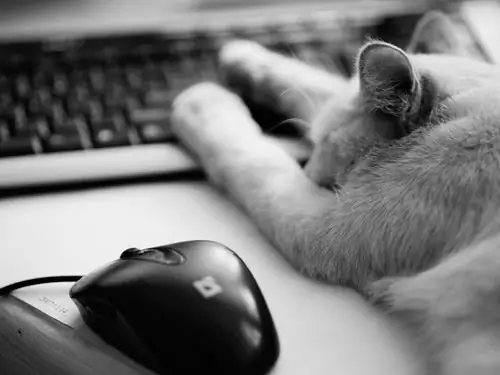- Author Lauren Nevill nevill@internetdaybook.com.
- Public 2023-12-16 18:48.
- Last modified 2025-01-23 15:15.
Like any other, the profession of a game designer includes many features and subtleties. The tips listed below will be useful primarily for beginners in game development.

Play a lot
It's not enough to play only games of your favorite genre. It is necessary to have time to cover everything that is possible. At the same time, it is imperative to pay attention to all the game features along the way: the balance of certain elements, the interface and its construction, color schemes, setting, all kinds of mechanics, soundtrack, content filling, etc. In every game, you need to find and notice those moments thanks to which it became successful.
Be able to monitor the games market
Understand what is trending at the moment and can bring income, and what is outdated. The game industry is a living organism with its ever-changing characteristics, which are very important to study. With the help of the Internet, you need to follow the news, subscribe to various useful mailings, read articles about games on popular sites. The information received must be analyzed and, if desired, recorded in a form convenient for oneself.
Work only on commercially successful projects
Building a portfolio of games that have generated some income is very important. If the game was created and did not bring money, then gross mistakes were made even at the planning stage. Time was wasted. What is the target audience (TA) of the project, setting, genre, etc. Why this and not something else? Everything must be thought out in advance.
The game designer is the link of the whole team
He comes up with an idea and communicates it to programmers and artists in all possible ways: using design, concept documents, diagrams, drawings, references, orally, etc. All information should be well structured, understandable to everyone.
Correct attitude towards criticism
You need to be able to listen to criticism and then either prove your point of view, or if mistakes do occur, make the necessary edits to the project. There is no room for emotion, since the goal of any criticism is to make the final product better. However, it is also not necessary to blindly follow the direction of the leader. The leader is also a living person with his ever-changing mood and subjective vision. It is not a fact that having done what the management wants, you will not have to redo everything again.






